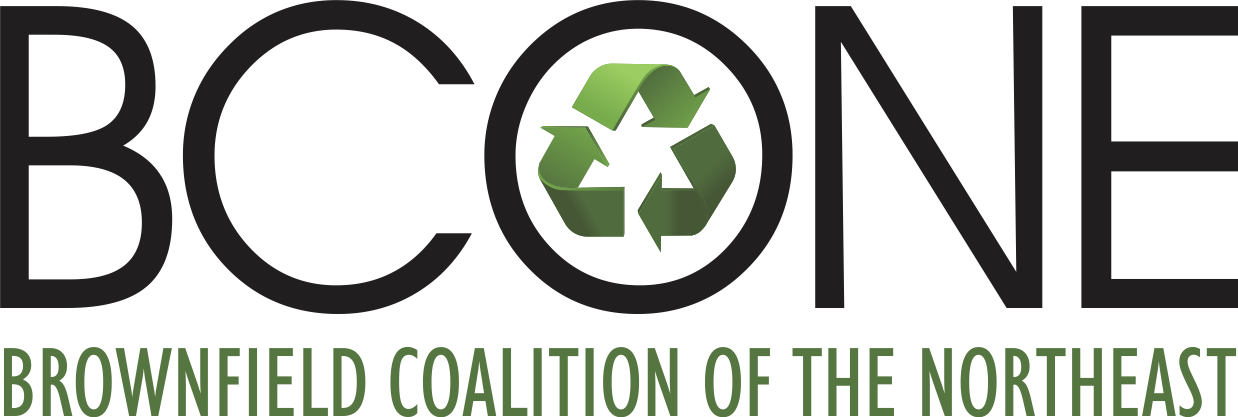Contact: Barbara Khan, (212) 637-3675, khan.barbara@epa.gov
NEW YORK (Feb. 13, 2023) – Today, the U.S. Environmental Protection Agency (EPA) announced more than $66.1 million from President Biden’s Bipartisan Infrastructure Law to address emerging contaminants, like Per- and Polyfluoroalkyl Substances (PFAS), in drinking water in New Jersey. This investment, which is allocated to states and territories, will be made available to communities as grants through EPA’s Emerging Contaminants in Small or Disadvantaged Communities (EC-SDC) Grant Program and will promote access to safe and clean water in small, rural and disadvantaged communities while supporting local economies. EPA Administrator Michael S. Regan announced the availability of $2 billion.
“Too many American communities, especially those that are small, rural, or underserved, are suffering from exposure to PFAS and other harmful contaminants in their drinking water,” said EPA Administrator Michael Regan. “Thanks to President Biden’s leadership, we are investing in America and providing unprecedented resources to strengthen our nation’s water infrastructure while safeguarding people’s health and boosting local economies. These grants build on EPA’s PFAS Strategic Roadmap and will help protect our smallest and most vulnerable communities from these persistent and dangerous chemicals.”
"This funding is part of the once-in-a lifetime investments we are making to transform infrastructure under the President's Bipartisan Infrastructure Law,” said U.S. EPA Regional Administrator Lisa F. Garcia. “EPA is working with our state partners to deliver clean water to communities, protect public health, and advance environmental justice across New Jersey and the nation.”
The Bipartisan Infrastructure Law invests $5 billion over five years to help communities that are on the frontlines of PFAS contamination reduce PFAS in drinking water. EPA announced the funds for New Jersey as part of an allotment of $2 billion to states and territories that can be used to prioritize infrastructure and source water treatment for pollutants, like PFAS and other emerging contaminants, and to conduct water quality testing.
“I’m proud to work to deliver resources that ensure everyone has access to safe, clean drinking water. We know disadvantaged communities disproportionately bear the impact of contaminants in water, such as PFAS and lead. This latest infusion of federal funds—part of the historic investment in our water infrastructure under the bipartisan Infrastructure Investment and Jobs Act—will allow New Jersey to expand access to clean water for everyone,” said Senator Cory Booker.
“Safe drinking water is a basic human right. That’s why I fought to ensure that the Bipartisan Infrastructure Law included significant funding to address PFAS contamination, especially in overburdened communities, and I’m glad to see that funding continues to make its way to New Jersey to do just that,” Congressman Frank Pallone said. “New Jersey has some of the highest levels of PFAS contamination in the country. While the state is working to address this public health threat by adopting protective state drinking water standards and pursuing natural resource damage cases, I’ve led efforts in Congress to address these toxic chemicals and ensure that everyone can trust the water coming out of the tap.”
“The Biden Administration’s allocation of more than $66 million demonstrates our shared commitment to clean water and healthy environments for all community members,” said New Jersey Governor Phil Murphy. “Thanks to the historic Bipartisan Infrastructure Law and the determined advocacy of our congressional delegation, New Jersey can now double its efforts to protect our children and families from emerging contaminants like PFAS. These efforts will prove especially vital for our state’s rural and underserved communities, which deserve equitable and reliable access to safe water regardless of their zip code.”
“In New Jersey, we are paving the way for the nation in addressing PFAS in our water supplies and our environment,” said New Jersey Commissioner of Environmental Protection Shawn M. LaTourette. “We are very grateful to the EPA and to our congressional delegation who share our commitment to protecting public health by making Bipartisan Infrastructure Law funds available to help small and disadvantaged communities take steps to protect their water supplies.”
EPA is also releasing the Emerging Contaminants in Small or Disadvantaged Communities Grant Implementation document. The implementation document provides states and communities with the information necessary to use this funding to address local water quality and public health challenges. These grants will enable communities to improve local water infrastructure and reduce emerging contaminants in drinking water by implementing solutions such as installing necessary treatment solutions.
Today’s actions represent a significant milestone within the Biden-Harris Administration’s commitments to combat PFAS pollution and safeguard drinking water, and specifically EPA’s October 2021 PFAS Strategic Roadmap. Under the Roadmap, EPA is working across the agency to protect the public from the health impacts of PFAS. EPA has taken a number of actions to deliver progress on PFAS including:
In addition to this new grant, EPA is also working to propose a PFAS NPDWR in the coming weeks. The draft proposed rule is currently undergoing interagency review and EPA will issue the proposed rule for public comment when it clears the Office of Management and Budget (OMB). The agency anticipates finalizing the rule by the end of 2023. Together, with today’s announcement, these actions highlight EPA’s commitments outlined in the PFAS Strategic Roadmap to protect public health and the environment from the impacts of PFAS. They also illustrate the benefits of investing in water—protecting public health and the environment, addressing key challenges facing communities, and creating jobs.
To learn more about EPA’s roadmap laying out a whole-of-agency approach to addressing PFAS, visit EPA’s PFAS web page.
To learn more about New Jersey’s PFAS efforts, visit its PFAS web site.
Follow EPA Region 2 on Twitter and visit our Facebook page. For more information about EPA Region 2, visit our website.
Posted February 14, 2023

